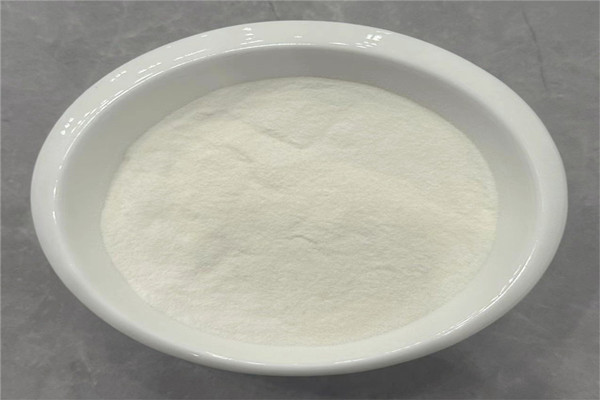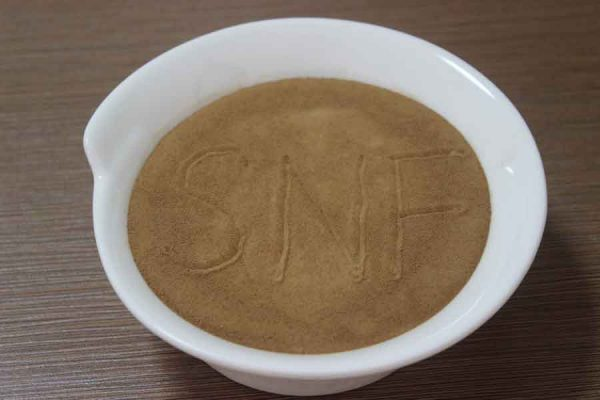Potassium lignosulfonate is a naturally occurring organic compound derived from lignin, a major structural component of plant cell walls. This compound has gained significant attention due to its wide-ranging applications in both industrial and agricultural fields. This article delves into the definition, characteristics, and crucial roles of potassium lignosulfonate in various domains.
Definition and Source
Potassium lignosulfonate is a compound extracted from the processing of wood fibers. In this process, lignin, one of the main components of plant cell walls, undergoes processing and combines with sulfonic acid and potassium, forming potassium lignosulfonate. This process is sustainable, as lignin is commonly sourced from wood waste or byproducts of the pulp manufacturing industry.
Chemical Structure and Properties
The chemical structure of potassium lignosulfonate makes it a multifunctional organic compound. Its primary features include a high content of sulfonic acid and potassium ions. This structure imparts water solubility to potassium lignosulfonate, allowing it to form solutions in water for convenient application in various processes.
Moreover, potassium lignosulfonate possesses some surface activity, providing excellent dispersibility and penetrability in fields such as concrete, agriculture, and other industrial applications. Its granular or powdery form makes it easy to mix with other materials, extending its usability.
Application in the Concrete Industry
Potassium lignosulfonate plays a crucial role in the concrete industry. As a concrete admixture, it improves the fluidity of concrete, enhances crack resistance, reduces the water-cement ratio, ultimately strengthening the concrete’s durability and compressive strength. This enhancement is particularly critical for construction and infrastructure projects where concrete materials undergo significant improvements.
Contributions to Agriculture
Potassium lignosulfonate also demonstrates outstanding value in the agricultural sector. As a soil conditioner, it improves soil structure, increases soil aeration, and enhances water retention. Additionally, potassium lignosulfonate serves as a plant growth regulator, promoting root development and improving plant nutrient absorption. These contributions positively impact crop yield and quality.
Sustainability and Environmental Impact
In addition to its exceptional performance in industrial and agricultural applications, the sustainability of the preparation process for potassium lignosulfonate is noteworthy. As it primarily utilizes wood waste or byproducts from the pulp industry, this method effectively utilizes waste resources and reduces dependence on traditional ore resources, aligning with principles of sustainable development.
Conclusion
In conclusion, potassium lignosulfonate, as a naturally occurring and multifunctional organic compound, plays a crucial role in both industrial and agricultural fields. Its enhancement properties in the concrete industry and soil improvement effects in agriculture contribute significantly to sustainable development. By delving deeper into the characteristics of potassium lignosulfonate, we can harness this natural force more effectively, realizing more sustainable and environmentally friendly applications.



